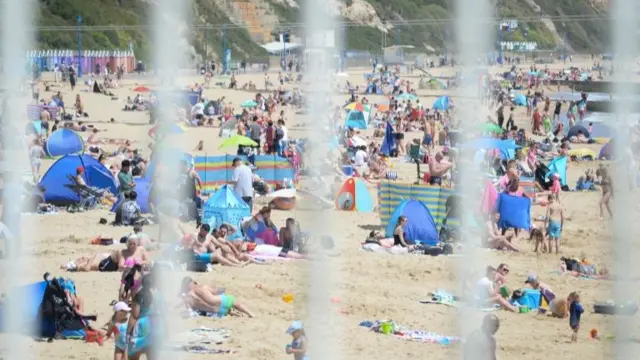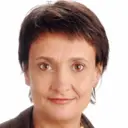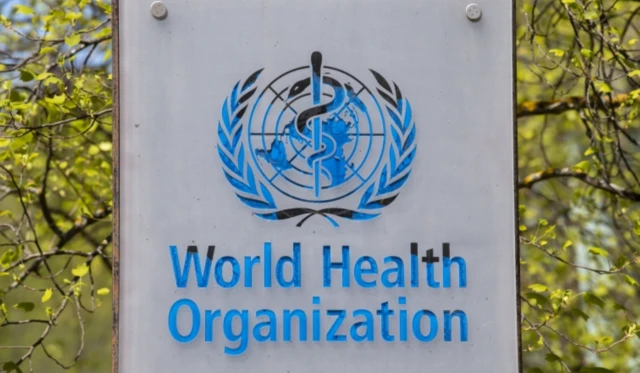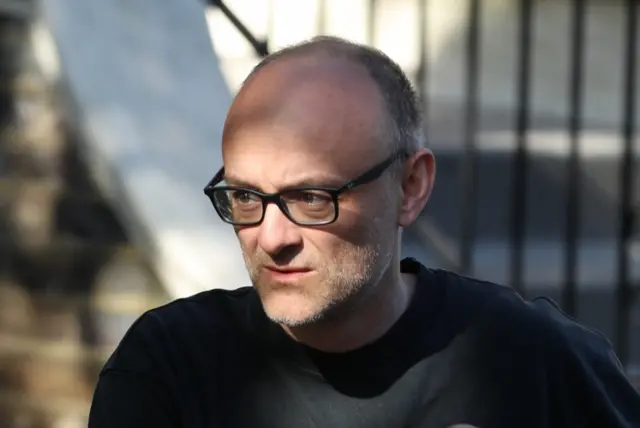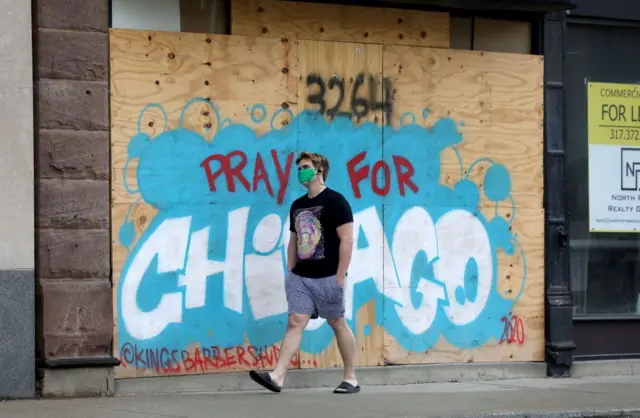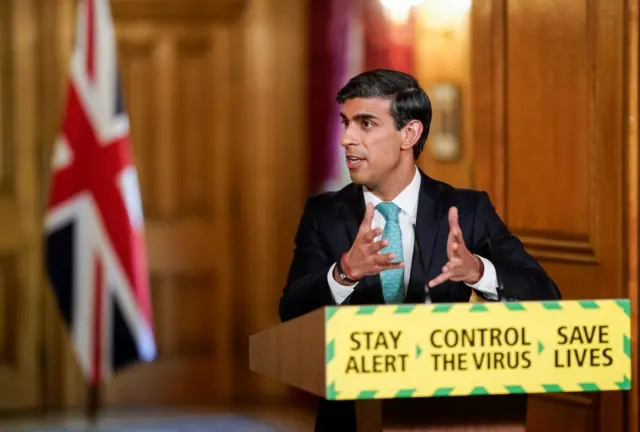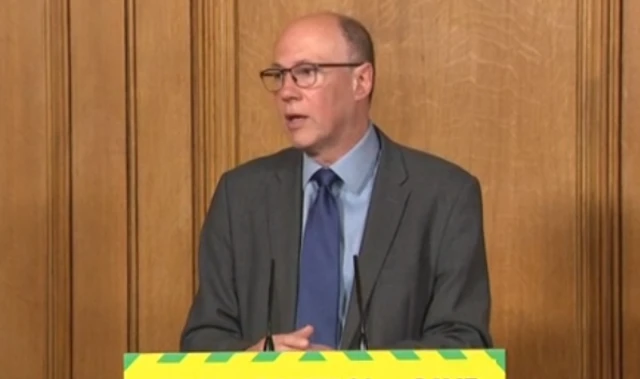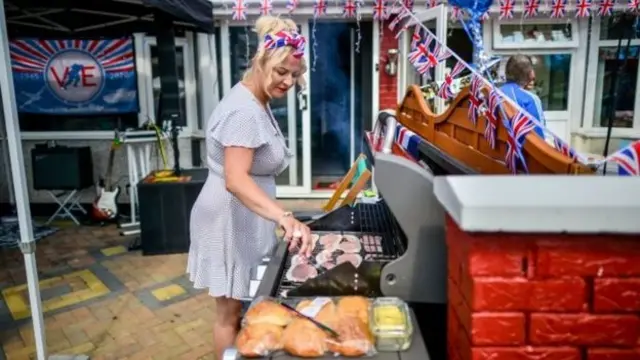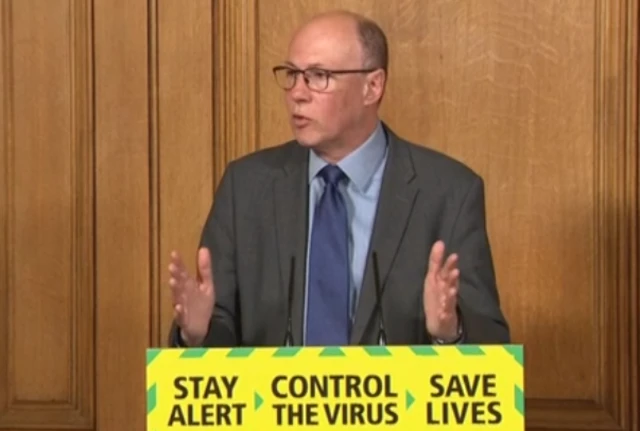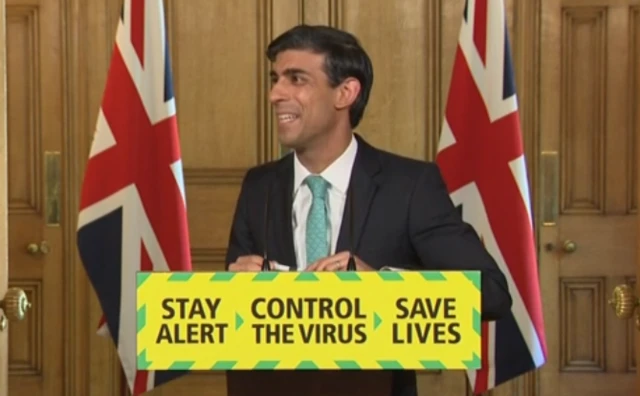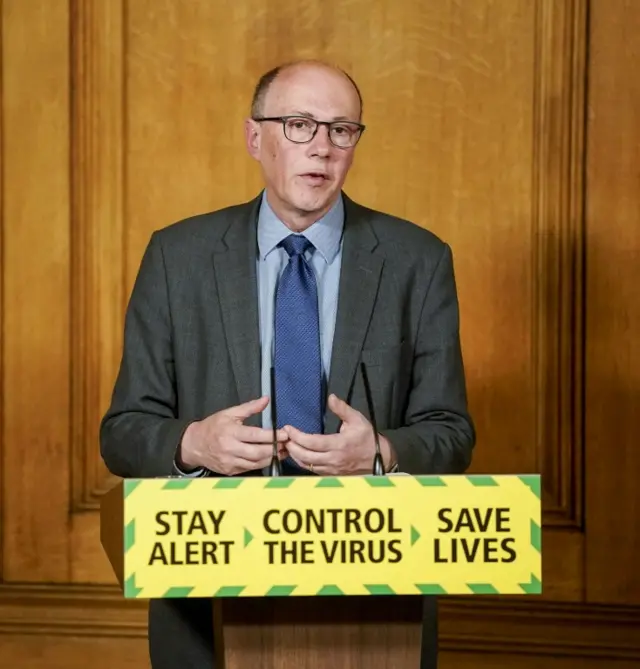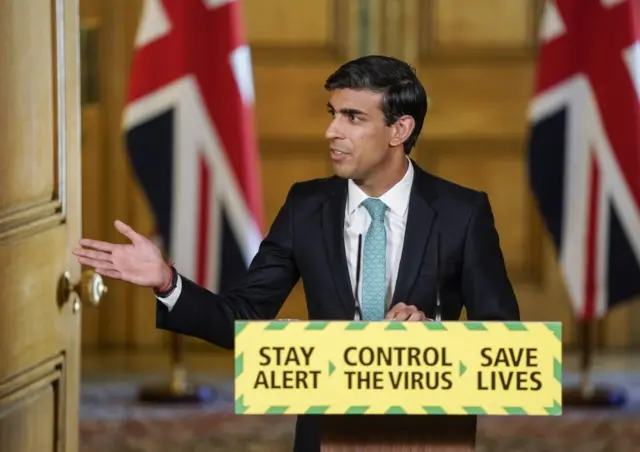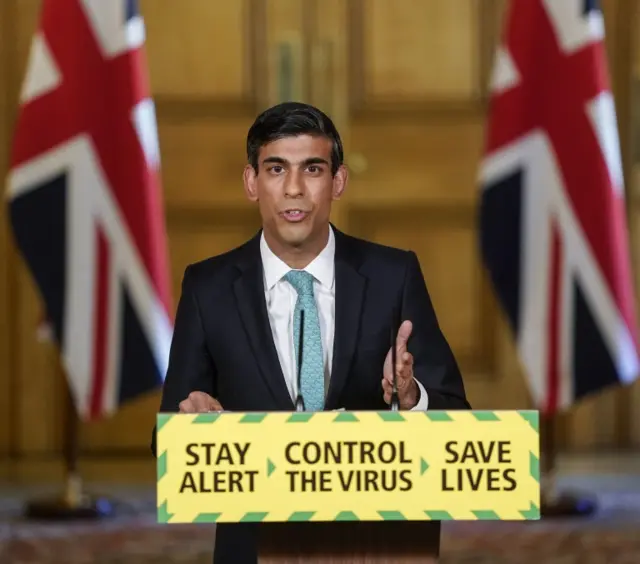Chancellor wants UK firms to pay more - and also survivepublished at 19:31 BST 29 May 2020
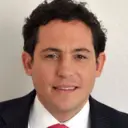 Simon Jack
Simon Jack
BBC Business Editor
The chancellor is attempting a delicate balancing act.
Slowly withdrawing very expensive government support programmes without crashing the economy.
Cash-strapped employers must decide if they can take on an increasing burden to keep workers for whom there may be little or no work.
The withdrawal is more gradual than many had feared. But what does the loss of support mean for people's jobs?
